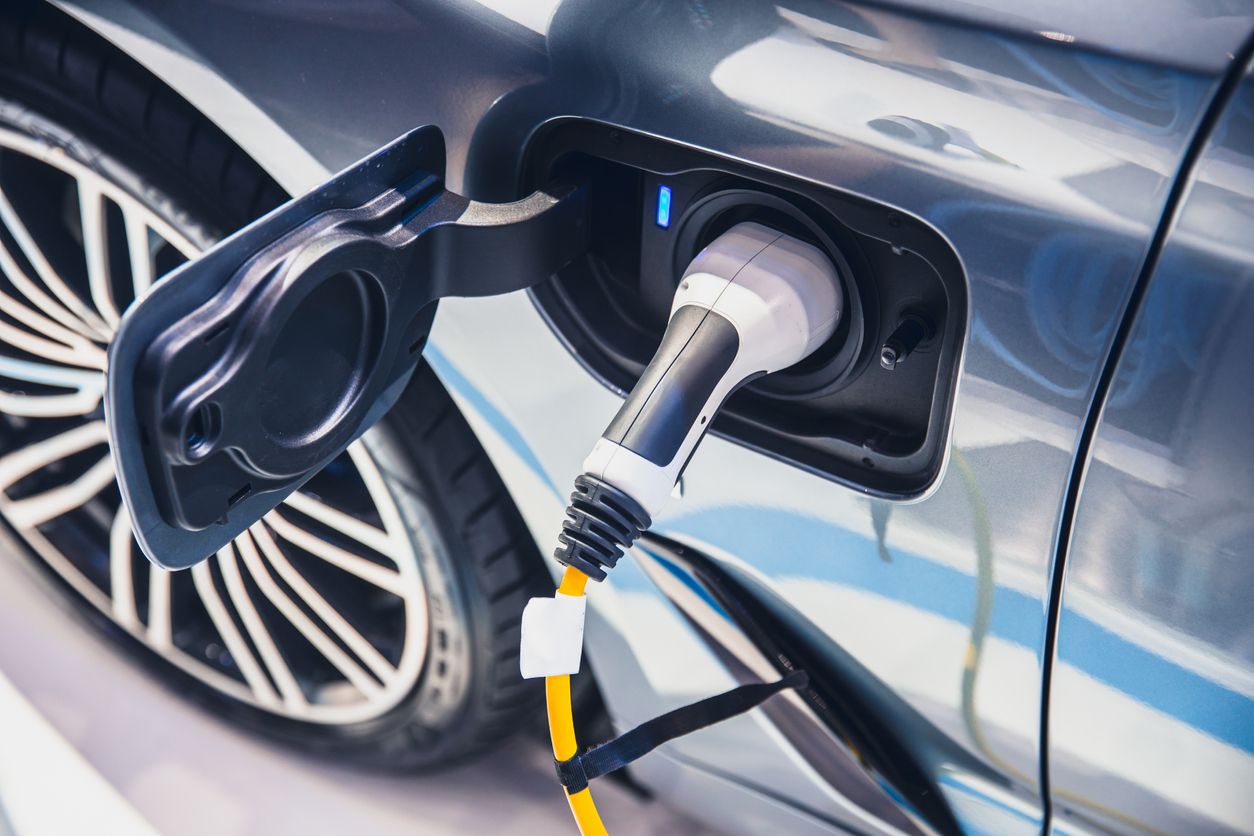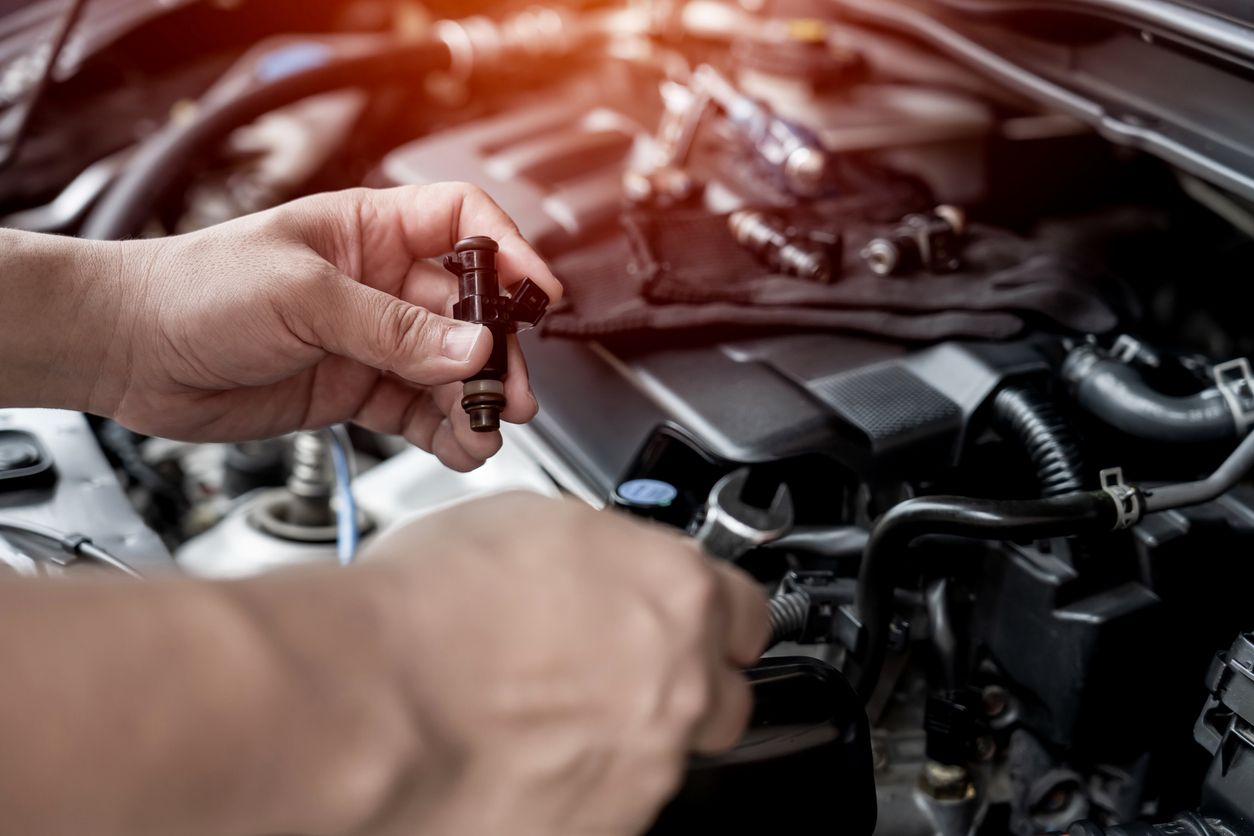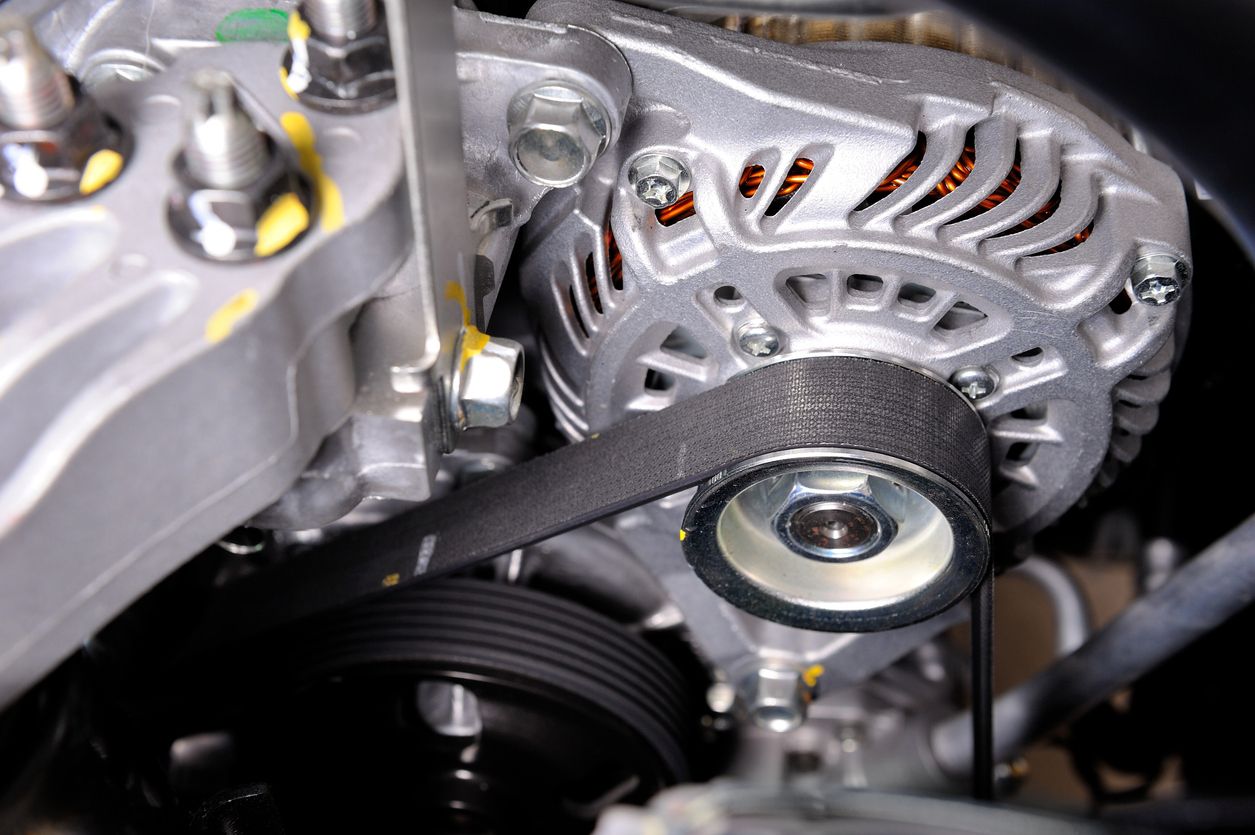There are a ton of myths about electric vehicles, and we’re here to bust them. Read on to learn the truth about electric vehicles and some common misconceptions surrounding them.
1. EVs Are Worse for the Environment than Standard Vehicles
The majority of electric vehicles (EVs) have no tailpipe emissions. Some argue that electric cars are worse for the environment, stating that even though EVs themselves don’t produce carbon pollution, the energy required to produce and charge them does.
However, the Environmental Protection Agency (EPA) has found that even with those “electricity emissions, research shows that an EV is typically responsible for lower levels of greenhouse gasses (GHGs) than an average new gasoline car.”
Some also claim that EVs are worse for the environment because they require larger, more advanced batteries. Though the energy required to produce EV batteries is certainly substantial, the lack of tailpipe emissions offsets their manufacturing process, generally resulting in a lower lifetime production of greenhouse gasses than gasoline-powered vehicles, according to the EPA.
So, are electric cars worse for the environment? Myth busted! If you own a gasoline-powered vehicle, though, don’t fret. You can be eco-conscious too — just follow these 10 Earth Aware Tips for Eco-Friendly Travel.
2. Electric Vehicles' Range is Impractical
According to a study conducted by the U.S. Department of Transportation (DOT), the average U.S. household travels 50 miles per day. And about 85% of households travel no more than 100 miles daily. Though many EVs have limited range compared to conventional automobiles, the EPA notes that most models can travel more than 200 miles on a fully charged battery. And with new battery technology in the works from several manufacturers, charging times are decreasing, and EV range anxiety is quickly becoming a thing of the past.
The accessibility of public charging stations is improving too. In 2022, a substantial amount of funds were allocated to the funding of EV chargers over the next five years, and the DOT has approved EV charging station plans in all fifty states, which should cover approximately 75,000 miles of highway.
3. EVs are Slower than Combustion Vehicles
The roar of a combustion engine is alluring to some — especially if you feel the need for speed. Surprisingly, though, electric vehicles are typically as fast and sometimes quicker than their conventional cousins.
Whereas you have to wind a combustion engine up to reach maximum torque and horsepower, some EVs can deliver 100% of their torque immediately, leading to faster 0-60 mph times. For example, the 2021 Tesla Model S Plaid has a 0-60 mph time of 2.07 seconds — more than a whole second faster than Dodge’s 2022 Challenger Hellcat.
4. Electric Vehicles are More Expensive than Standard Cars
Initially, some EVs can be more expensive than the average combustion vehicle. However, according to a 2023 article from the IRS, new EV purchases may be eligible for a clean vehicle tax credit of up to $7,500, which certainly offsets their purchase price!
Plus, as any car owner knows, the cost of a vehicle isn’t limited to just the purchasing price since cars require upkeep — from oil changes to brake replacements, things can get pricey! According to the EPA, EVs may have an advantage in that regard. With fewer moving parts to malfunction, fewer fluids to change, and regenerative braking on their side, some EVs may be cheaper to maintain and require less maintenance overall.
5. EVs are Not as Safe as Conventional Vehicles
On the contrary, EVs have to undergo the same safety testing as combustion-driven vehicles. In fact, EVs may actually be safer than conventional vehicles. A study from the Insurance Institute for Highway Safety (IIHS) shows that across nine vehicle models from 2011-2019, “injury claims related to the drivers and passengers of electric vehicles were more than 40 percent lower than for identical conventional models.”
You may have also heard that EVs pose a fire hazard due to their lithium batteries, but you can rest easy knowing that high-voltage battery packs are encased in sealed shells on EV’s, and high-voltage wires are heavily insulated.
In fact, the auto manufacturer, KIA, notes that “lithium-ion batteries have a much lower risk of fire explosions than gasoline in conventional vehicles.” So at the very least, electric vehicles are equally as safe as conventional ones, if not more so.
The Biggest Myth of All: Tires Plus Doesn’t Service EVs
You can call this EV myth busted! If you’re considering buying an electric vehicle any time soon, check out our Ultimate Guide to Electric and Hybrid Vehicles.
Our technicians can perform general and scheduled maintenance services to help keep your vehicle riding smoother for longer. Contact your local Tires Plus location to confirm that electric vehicle services are available in your area today!



